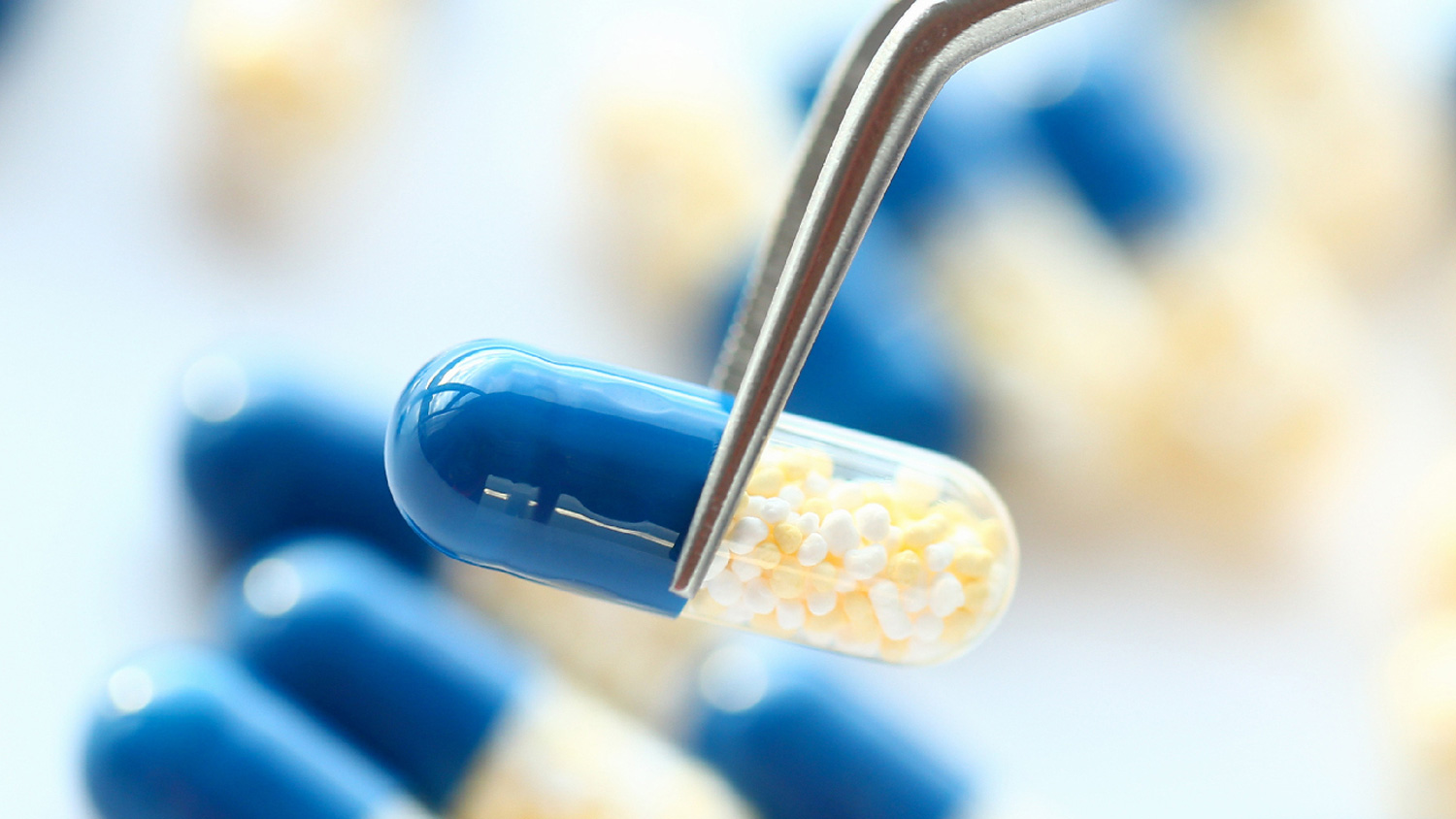The pharmaceutical industry

The pharmaceutical industry has not always been as it is today.Regardless of the time, the human kind have always shown interest and the need to have or create medicines. Its production has undergone several changes over time, not only due to new educational policies but also to external demands arising from various factors, such as the COVID-19 epidemic. Initially, production was based on products extracted from plants, taking advantage of these natural products to cure some diseases and injuries. However, this industry has evolved, and currently we have a mass production of medicines that use highly complex chemical compounds, thus aiming to suppress the needs of society. One of the greatest examples occurred during the Second World War, when a huge number of diseases appeared, and therefore it was necessary to create antibiotics capable of dealing with these diseases that until now were completely unknown to humanity. This provoked an enormous demand in the market, and, with this, pharmaceutical companies had to revolutionize the drug discovery process, having to invest heavily in R&D (Research and Development) programs. The 70’s and 80’s were the second decisive moment for the pharmaceutical industry due to the great technological advances that existed at that time. The new companies in the field of biotechnology came to complement traditional pharmacies with their specialized knowledge in the area, enhancing a network of alliances and relationships between companies. In this competitive economy, innovation is one of the key factors for a company to successfully penetrate or remain in the market. That said, innovation allows these companies to adapt to certain changes that may occur on the part of the consumer or the environment in which they are involved. The pharmaceutical industry has a constant need for innovation since, being linked to health, it requires new ways of acting to combat emerging diseases and also improve existing medicines. These companies are allied with the objective of creating a superior quality of life. Research and Development are based on discoveries that something can be innovative; it can be a therapy, medicine, or an active substance, such as vaccines for COVID-19. The evolution of the Pharmaceutical Industry in Portugal Portugal had just gone through the English ultimatum in 1890 when the pharmaceutical industry took its first steps. In Central Europe the industry had already started in the previous decade, especially in Germany. Its development was based on progress made in organic and analytical chemistry, mainly the isolation of the first active substances. In 1893, the first tablets were produced in Portugal. Chemical analysis, organic chemistry, and other branches of chemistry allowed us to obtain these new drugs. In 1927, the first national congress of pharmacy took place in Lisbon. This large industry was finally booming, and so it took the opportunity to make itself known to the public, not just the Portuguese public but also other countries. In 1930, this industry experienced its first internationalization surge, with exports to Brazil, to the Portuguese colonies, to British India, and to the Belgian and French Congos. In 1940, the first steps were taken towards the regulation of medicines in Portugal with the creation of the regulatory commission for chemical and pharmaceutical products. On the initiative of the Portuguese Red Cross, the first ampoules of penicillin arrived to the country, inaugurating the era of antibiotics. Portugal then became one of the first countries to obtain penicillin for civil use, causing a decrease in the mortality rate due to infectious diseases. Later, in 1947, the first shipments of streptomycin arrived to Portugal, which initiated a new phase in the fight against various forms of tuberculosis and infections caused by gram-negative bacteria. In 1957, a year before the creation of the Ministry of Health, the first authorization system for the introduction of new medicines was set up in Portugal, which at the time represented an innovation at the European level. In 1991, the Medicine Statute was published, the first official diploma that deals with drugs based on European directives, increasing the control and quality of medicines. In 2000, the Pharmaceutical Industry and the Order of Pharmacists signed a protocol with the aim of establishing standards of transparency, ethics, and professional deontology. This agreement was renewed in 2016, confirming the commitment to deepen and improve the rules of this relationship. In conclusion, we can say that the absence of Portugal in the Second World War, which allowed our country to export medicines to the countries involved, made it one of the pioneering countries in the development of the Pharmaceutical Industry. |
- Tags:
- Pharmaceutical industry,
- Medicines,
- Covid-19
